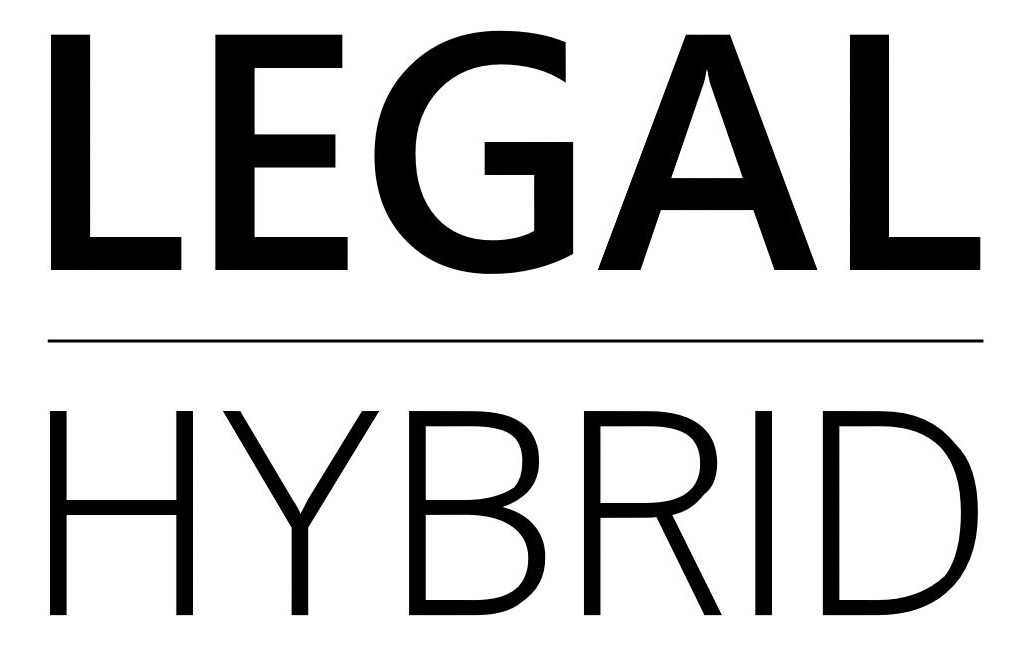Russia’s Growing Footprint in Africa’s Sahel Region
The war in Ukraine has not stopped Russia’s activities in Africa. Over the past year, the Wagner Group, in particular, has taken advantage of France’s and other Western countries’ worsening relations with Sahelian states.
By Carnegie, Paul Stronski
Despite Russia’s military struggles in Ukraine, Moscow has not cut back its ambitions in the Global South. Over the past year, Russia has doubled down its focus on Africa’s Sahel region, a troubled part of the continent that spreads roughly from Senegal to the Red Sea. Through the infamous Wagner mercenary group, Moscow is inserting itself in countries such as Mali and Burkina Faso and is taking advantage of Western policy missteps, growing anti-European sentiment, and longstanding failures of international and local actors to address the root causes of regional instability.
While Moscow’s proxies in Africa garner a lot of attention, its influence across the continent is neither particularly wide nor deep. Nonetheless, with violence spreading in the Sahel, Washington has expressed concern over Moscow’s growing presence there. The Joe Biden administration, however, has few practical options to push back.
In this article:
WHY IS THE SAHEL UNSTABLE?
HOW HAVE RELATIONS DECLINED BETWEEN THE WEST AND MALI AND BURKINA FASO?
HOW HAS RUSSIA GOTTEN INVOLVED?
WHAT SHOULD THE INTERNATIONAL COMMUNITY DO?
CONCLUSION
The Carnegie Endowment for International Peace, commonly known as Carnegie, is a think tank based in Washington, D.C., with global reach and influence.
More >> Russia’s Growing Footprint in Africa’s Sahel Region.
